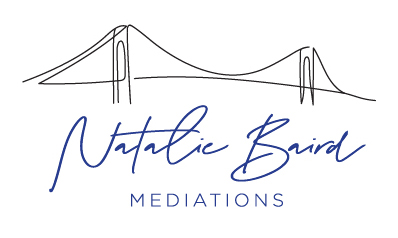Social Media and Divorce: What to Know
Social media is something new that divorcing couples now have to deal with. Before Facebook, Instagram, and Twitter, divorcing couples didn’t have to use so much caution around what they did or said during their divorce process.
However, today, in an age where everything is publicized through social media, you need to be acutely aware of how your social media may impact your divorce case.
Overview of Social Media and Divorce: Before, During, and After
Before you file for divorce, you may want to update your social media security preferences and audit your accounts to remove anything that may cause trouble down the line. Even things that you don’t post, like tagged photos and check-ins, can provide information about you that you may want to keep private during your divorce process.
During the divorce process, you should refrain from posting about the divorce on social media. This goes for friends and family as well. You may also want to reevaluate what or how often you post to minimize the new information that is publicized about you. You may even choose to remove your spouse from your social media channels. Some people temporarily deactivate their accounts as a precaution.
A point you may want to consider during your divorce is the use of social media after the settlement is final, especially as it relates to your children. You could agree about who can post photos or information about the children, when, and why. This can ensure the privacy and safety of all parties are considered.
After the divorce, you may not want to jump back into social media with guns blazing. While you’re technically free to post as you like, certain posts may potentially harm your custody, alimony, or child support agreement, so you should keep that in mind as an ongoing concern to protect your financial interests. Posting about a significant promotion and raise, for example, could potentially alter your alimony payment.
Social Media Tips During Divorce
- Only post something you would be comfortable reading out loud in court.
- Change your passwords as soon as possible.
- Wait 24 hours before replying to messages or posts and avoid negative exchanges altogether.
- Keep everything about your divorce off social media – anything about your ex, the court or mediation process, your children as they go through it, and the changes it may cause.
- Use caution when posting about raises or expensive new purchases.
- Encourage family members and friends to disengage.
- Bring concerning social media posts to the attention of your attorney, not your ex.
- Avoid tagged photos or posts or vet them before allowing them to be posted.
- Avoid using friends, family, or fake accounts to “spy” on your ex’s social media accounts.
- Consider suspending the use of your social profiles during divorce, but don’t delete your profiles or content.
- Change your privacy settings. Make sure only close friends and family have access to your posts.
- Monitor your children’s use of social media.
- Ask friends and family not to post about your divorce or engage in conversation about it or your ex on social media.
Navigating a Divorce in the Age of Social Media
Adding social media to the list of things to worry about during a divorce is a modern-day issue, something that prior divorcing couples didn’t have to deal with. However, it’s a very real way to impact a divorce settlement, and it shouldn’t be ignored.
With the right divorce attorney or mediator guiding the way, you can avoid the most common social media divorce pitfalls and ensure the best settlement. To start mediation, contact Natalie Baird Mediations at your convenience to schedule an appointment.

